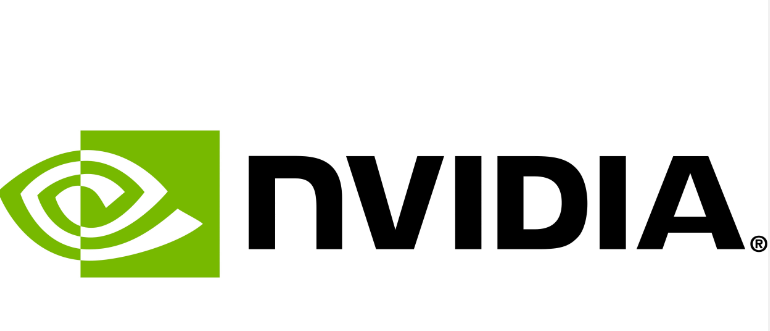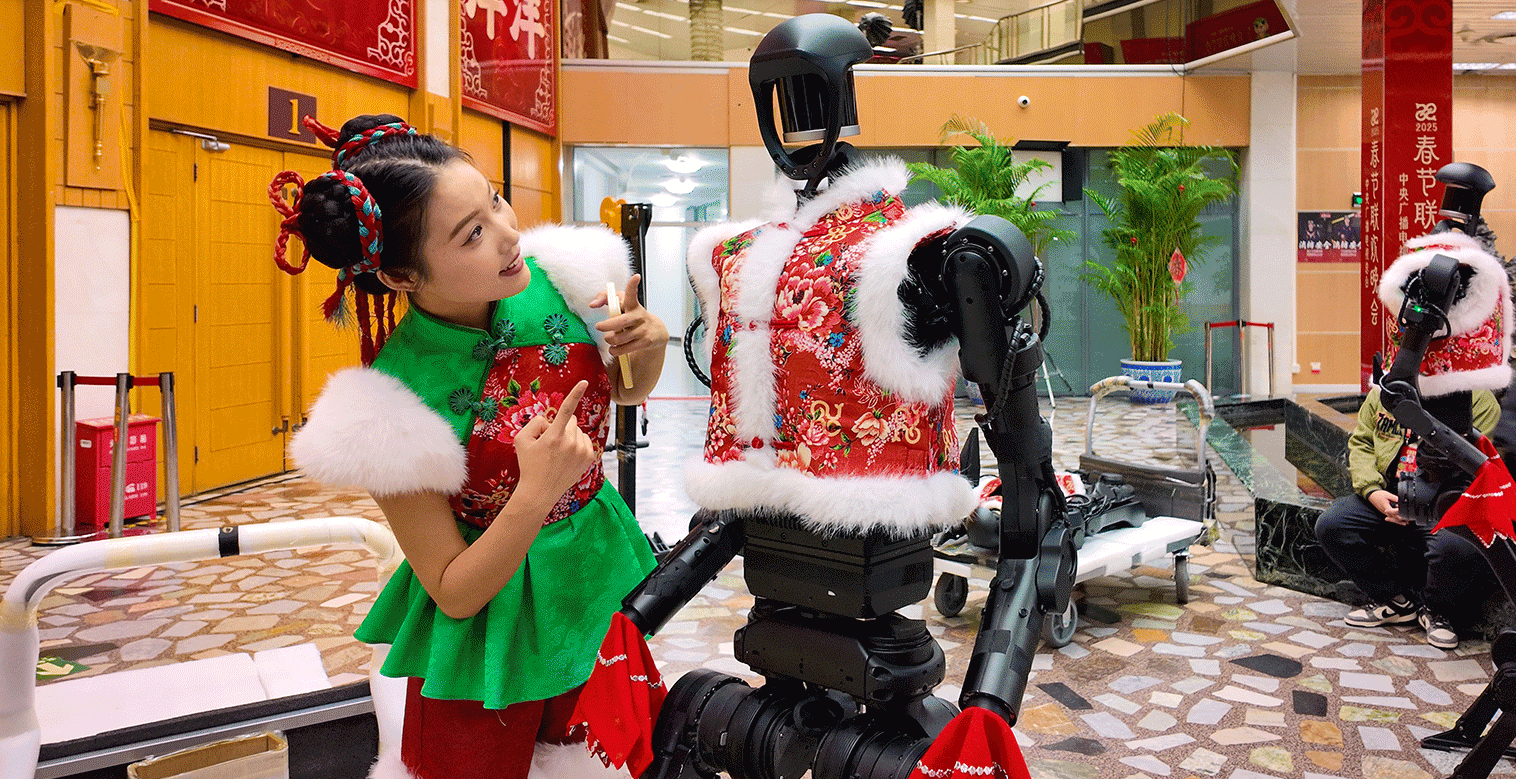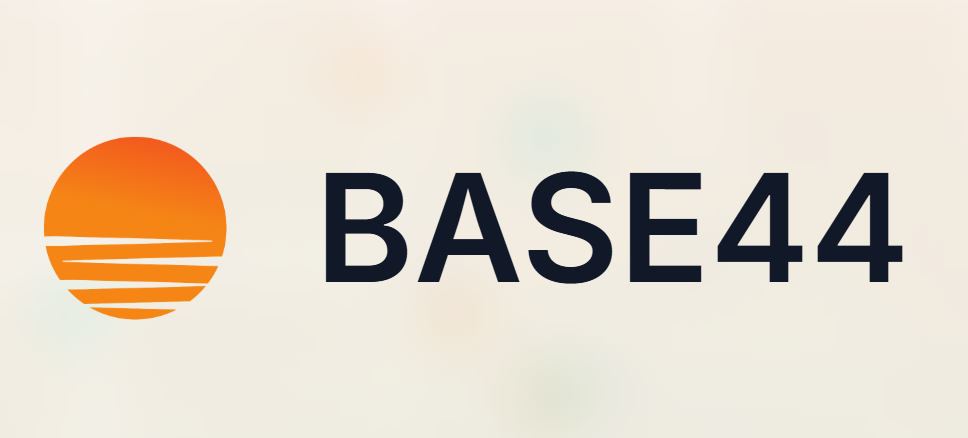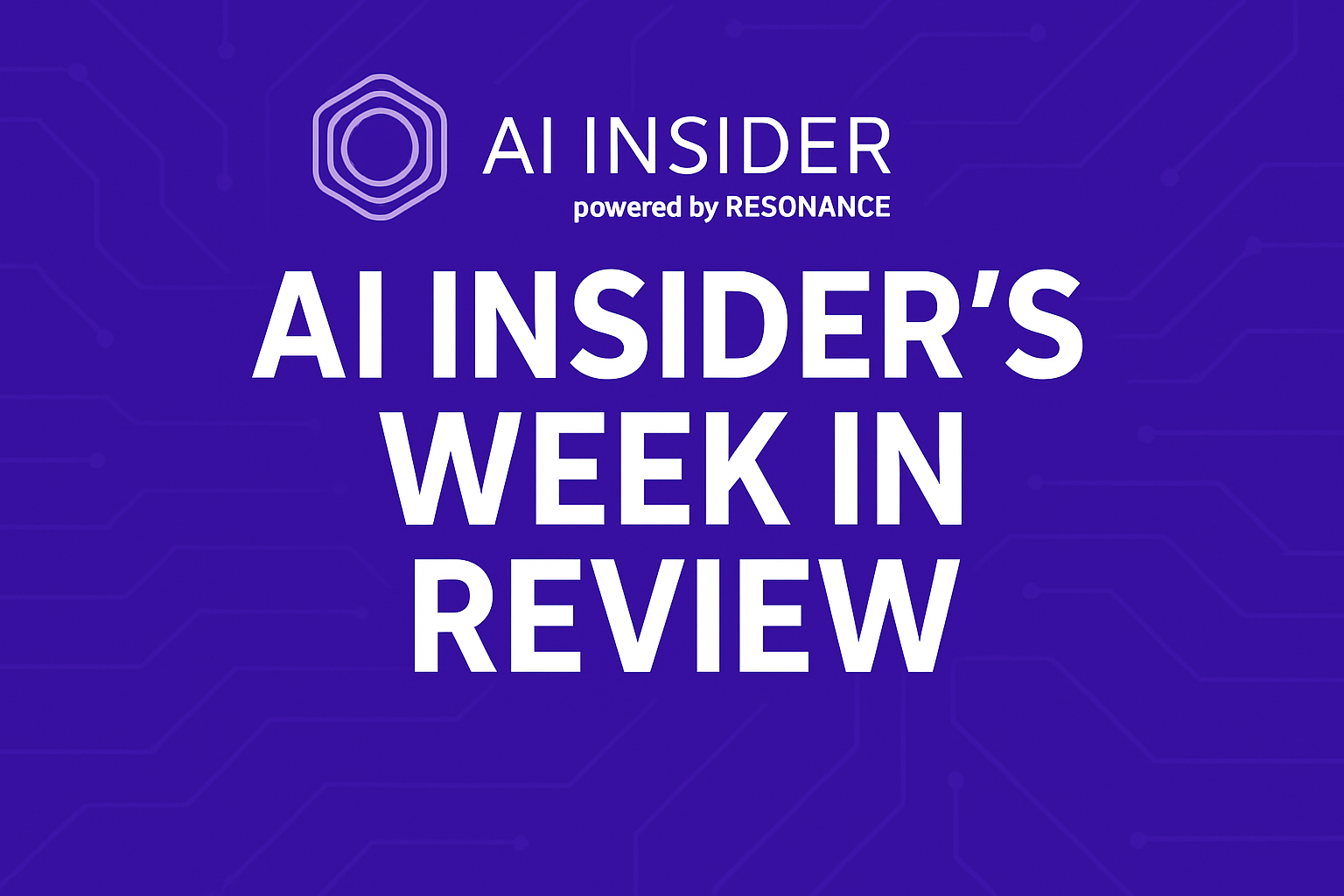Nvidia, a key player in the AI sector renowned for its AI chips, is postponing the release of its new H20 artificial intelligence chip for China, designed to meet U.S. export regulations. This news led to a 1.9% decline in Nvidia’s stock after a shortened trading day in the U.S. Sources informed Reuters yesterday about the delay, attributing it to difficulties faced by server manufacturers in integrating this semiconductor into their products. Nvidia’s response to these reports was not immediately available.
This delay comes in the wake of tightened U.S. government export controls on AI chips to China, which were imposed in October. These restrictions specifically target Nvidia’s A800 and H800 chips, which were also crafted for the Chinese market. Besides the H20, Nvidia is preparing to release two other export-compliant chips, the L20 and L2.
China is a significant market for Nvidia, accounting for about one-fifth of its revenue. The delay in launching the H20 chip could be a significant setback for the company, especially as it faces growing competition from local Chinese firms like Huawei. Despite tripling its revenue in the September quarter, Nvidia anticipates a substantial decline in sales in regions impacted by the export restrictions during the current quarter.






